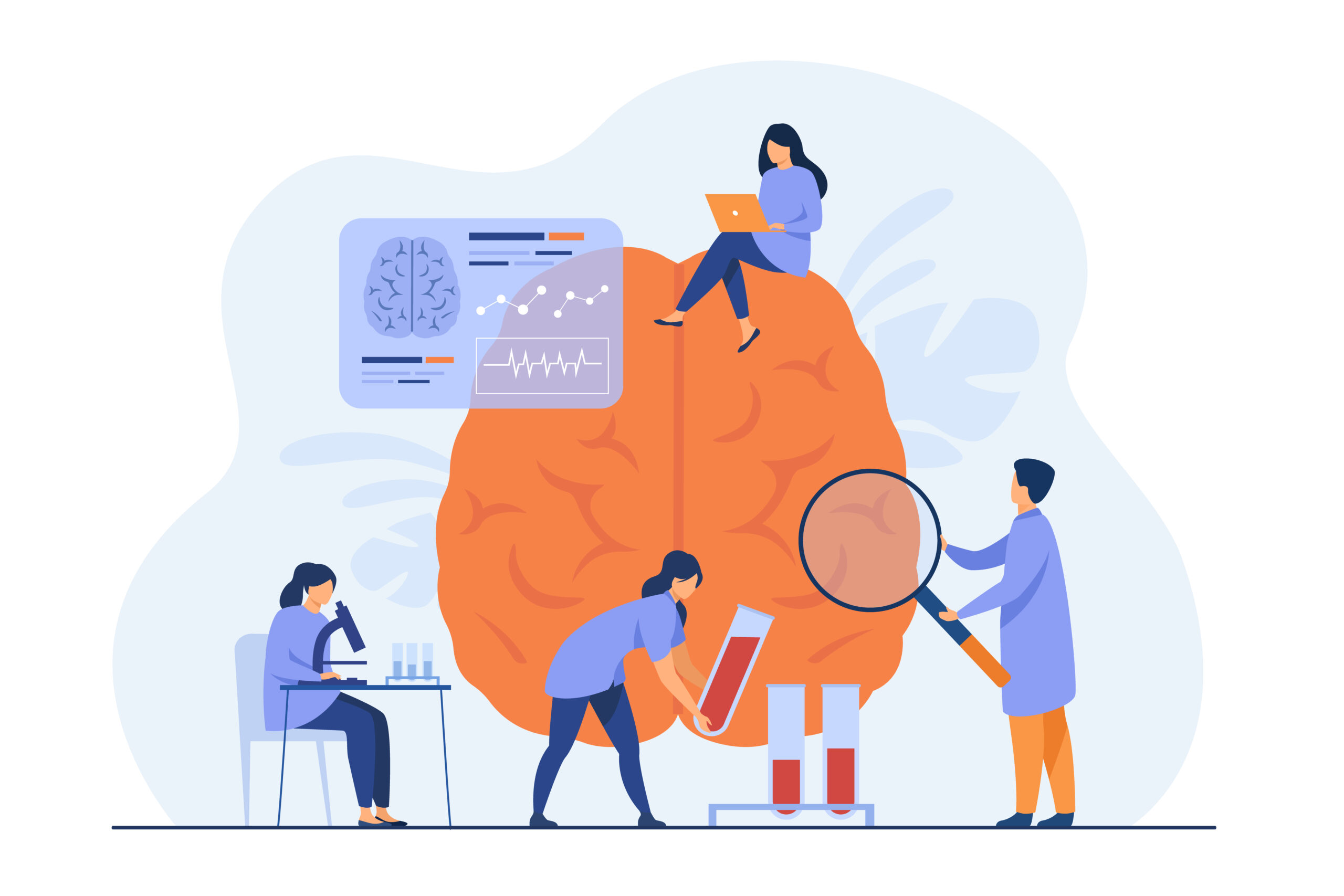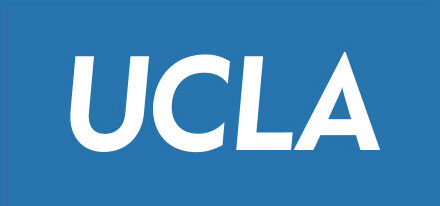Borderline Personality Disorder
Research Study
Researchers at the University of California Los Angeles are conducting a study on the treatment of borderline personality disorder with repetitive Transcranial Magnetic Stimulation (rTMS).

Fast Facts

Borderline Personality Disorder

18-65 Years Old

Compensation Provided

Conducted in Los Angeles, CA
Study Background
Is rTMS effective in alleviating borderline personality disorder symptoms, particularly impulsivity and emotional dysregulation?
rTMS is a noninvasive type of brain stimulation in which a magnetic field is used to create a low-level electrical current aimed at a specific part of the brain. In this research study, we’ll analyze the effect of rTMS on a part of the brain called the ventrolateral prefrontal cortex to see if it can reduce borderline personality disorder symptoms (BPD), particularly impulsivity and emotional dysregulation in affected individuals with BPD.
If you are eligible to participate, you will come to the UCLA campus to complete brain scans and receive the rTMS treatment. Some participants will receive active treatment and some will receive a sham (fake) treatment. If you are in the sham group, you will have the option to receive active treatment afterwards. All participants will get a consultation with the study psychiatrist prior to enrollment.
Eventually, we hope that the findings of this study might be useful for treating symptoms of BPD and improving people’s quality of life.

Study Background
Is rTMS effective in alleviating borderline personality disorder symptoms, particularly impulsivity and emotional dysregulation?

rTMS is a noninvasive type of brain stimulation in which a magnetic field is used to create a low-level electrical current aimed at a specific part of the brain. In this research study, we’ll analyze the effect of rTMS on a part of the brain called the ventrolateral prefrontal cortex to see if it can reduce borderline personality disorder symptoms (BPD), particularly impulsivity and emotional dysregulation in affected individuals with BPD.
If you are eligible to participate, you will come to the UCLA campus to complete brain scans and receive the rTMS treatment. Some participants will receive active treatment and some will receive a sham (fake) treatment. If you are in the sham group, you will have the option to receive active treatment afterwards. All participants will get a consultation with the study psychiatrist prior to enrollment.
Eventually, we hope that the findings of this study might be useful for treating symptoms of BPD and improving people’s quality of life.

Additional Information
The study is conducted to examine the efficacy of rTMS treatment on impulsivity and emotional regulation in individuals with borderline personality disorder.
You may qualify for this study if you meet the following criteria.
Inclusion Criteria:
- 18-65 years old
- Currently have a diagnosis of Borderline Personality Disorder OR are experiencing symptoms such as:
- Intense mood swings
- Intense and unstable relationships with family, friends, and loved ones
- Chronic feelings of emptiness
- Intense anger or problems controlling anger
- A pattern of impulsive behaviors
- Able to undergo MRI scan
- No significant alcohol or drug use
- Speak English
The study involves two visits, each taking about 1.5 hours. If eligible, participants will complete the following:
- Virtual visit – Consent and evaluation via Zoom.
- In-person visit – Participant will complete:
- two (2) Magnetic Resonance Imaging (MRI) recordings
- two (2) brain activity recordings, also known as electroencephalograph (EEG) recordings
- fifteen (15) sessions of TMS treatment
- answer symptom assessments
- perform cognitive behavioral tasks on a computer
Some participants will receive sham TMS treatments, meaning inactive treatments, so that we can make sure any observed differences are not due to the placebo effect. If you receive sham treatments, you will be eligible to cross over and enroll in an open-label extension phase of the trial in which you will receive up to 15 active treatments.
As a participant, you can receive up to $200 for your time and effort. Parking vouchers are provided for all in-person visits.
There is no cost for you to participate in our research study.
